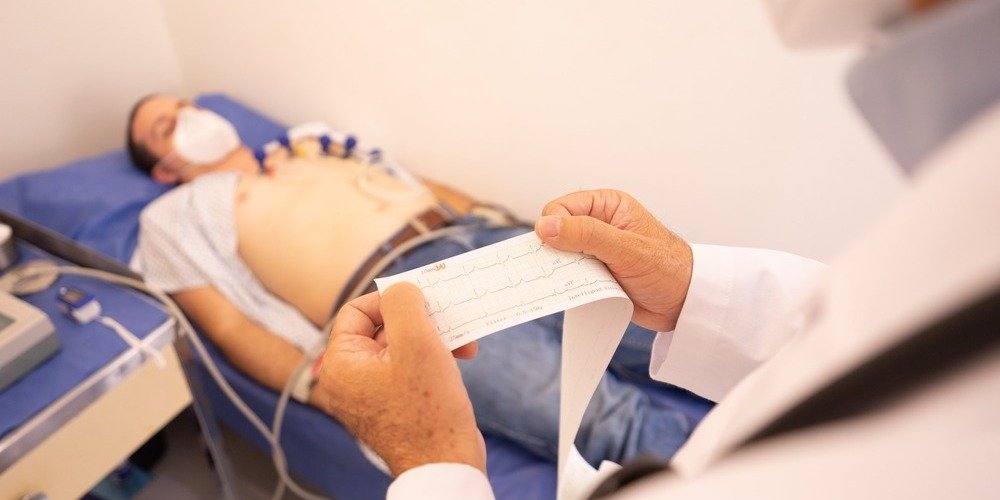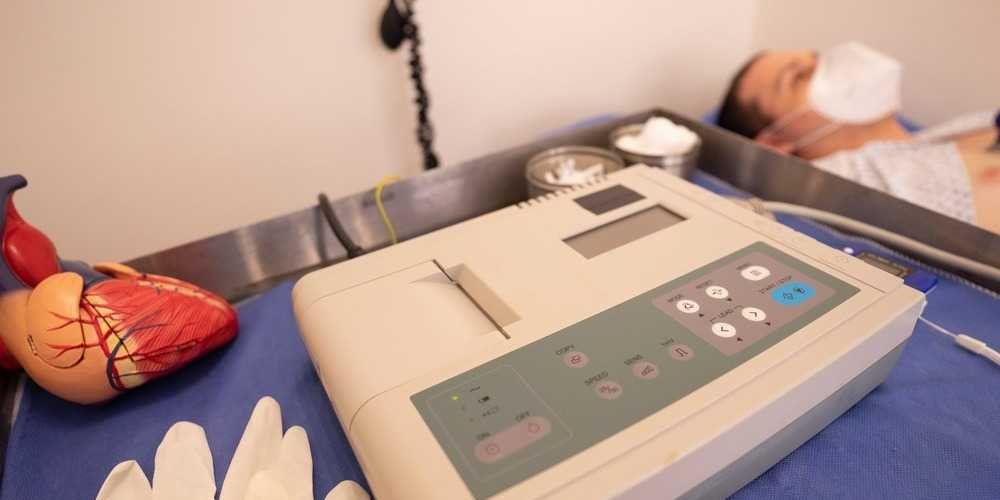Cardiovascular disease (CVD) is a general term that describes a disease of the heart or blood vessels. Blood flow to the heart, brain or body can be reduced because of a: blood clot (thrombosis) build-up of fatty deposits inside an artery, leading to the artery hardening and narrowing (atherosclerosis)
06
Jan
Heart disease generally refers to all diseases that affect the heart. Different types of heart examinations have their own advantages and disadvantages.
06
Jan
Sudden cardiac arrest (also known as cardiac arrest, asystole) refers to a situation in which the heart suddenly stops beating. At this time, various ...
06
Jan
Electrocardiogram is a common detection method used to detect heart rhythm. By attaching electrode patches to the subject's body, the ...
06
Jan
Understanding how to take care of your heart is the key to maintaining good health and extending your life. So, how can we improve heart health...
06
Jan
Heart surgery is one of the important ways to treat heart disease. Doctors can perform heart transplantation, implant a rhythm regulator or repair...
06
Jan
Cardiomyopathy is a disease of the heart muscle. You may rarely hear the term "myocardial disease". Don't worry, this article will introduce you..
05
Jan
Think about it, are there any events in your life that left a deep mark in your memory? Maybe there are painful things like breaking up with a boyfriend ...
05
Jan
According to WHO death statistics, on average, someone dies from heart disease every 24 minutes. It is the number one disease among the top ten...
05
Jan
We often hear people say "give a shot in the heart" when a patient is critically ill. What is the role of inotropic agents themselves? Is it like in the movies
05
Jan
The heart has a total of 4 valves, and the heart valves are like valves that control the one-way flow of blood in the heart. If the valve does not ...









